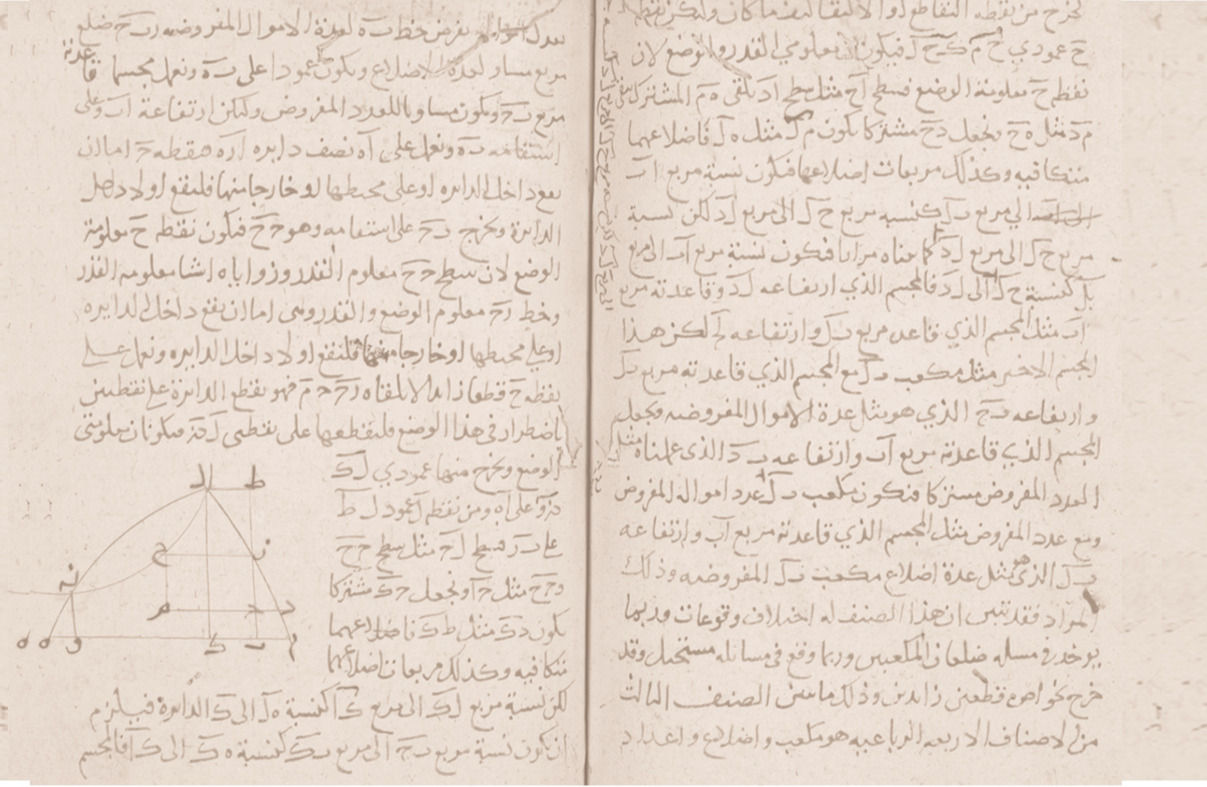top of page

The Rubayyat of Omar Khayyam

Ever since the extraordinarily popular renderings into English of the Persian poet Omar Khayyam by Edward Fitzgerald in the late nineteenth century, the Rubaiyyat has been linked in Western minds to sensuality, hedonism and the craving for the illicit. An underlying theme of religious skepticism, keenly felt by readers of the era, added to the widespread appeal of an Eastern sage whose pithy compositions on life, death, love and faith seemed to echo the Victorian zeitgeist. Although many later translators have drawn attention to Fitzgerald’s highly idiosyncratic ordering of the original verses, the liberties taken in their translation, and the doubtful authorship of many of the original verses, Khayyam’s fame and controversy were henceforth assured both in the West and in his original home, Iran.
Only a small number of his public interpreters have ever examined his quatrains (the meaning of ‘Rubaiyyat’) against the traditional cultural setting of Persian Sufism, whose adherents claim the poet as an authentic voice of mystical thought and doctrine. The Rubayyat in Rehab presents original translations by the author from a selection of Persian manuscripts, together with interpretations which provide keys to understanding their symbolism. The result is a fundamental rehabilitation of the verses of Omar Khayyam as an expression of the psychological and spiritual theory and practice today known as Sufism.
bottom of page


